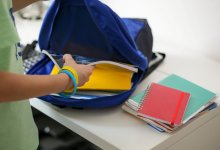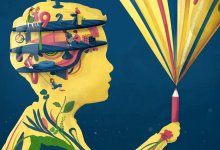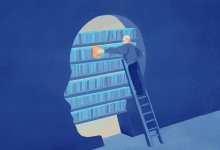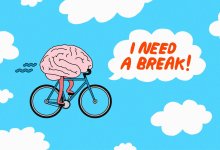Brain-Based Learning
Explore the mysteries of the human brain! Find out how discoveries in neuroscience provide insights into how students learn—and how to engage them in the classroom.
Coaching Executive Functioning Skills
High-level cognitive skills help middle and high school students manage their emotions, behaviors, and responsibilities.4.2kYour content has been saved!
Go to My Saved Content.Using Theater Games to Build Students’ Working Memory
By holding onto the information necessary to play certain games, students develop skills that lead to academic success.Your content has been saved!
Go to My Saved Content.The Educator’s Guide to Excellent Classroom Management
From quick conflict resolution tips to common classroom management mistakes, this collection of articles and videos brings together research-backed, teacher-tested strategies for keeping your class on track.22.2kYour content has been saved!
Go to My Saved Content.Making Retrieval Practice a Classroom Routine
By regularly working in activities that get students to recall content they’ve learned in the past and apply it, teachers can ensure deeper understanding.Why Ages 2-7 Matter So Much for Brain Development
Rich experiences—from play to the arts and relationships—fundamentally shape a young child’s development.2.5MYour content has been saved!
Go to My Saved Content.7 Research-Backed Ways to Boost Working Memory in Math
Short-term memory is finite and fills up quickly. Here are 7 ways we can free up space for clearer-headed mathematical thinking.Scaffolding Deeper Learning With Recall Activities
When students are asked to remember and explain relevant knowledge just before applying it, they arrive at a more concrete understanding of the content.15.7kYour content has been saved!
Go to My Saved Content.Jump-Starting Academic Learning With Movement and Dance
The benefits of movement in the classroom aren’t limited to younger students. Pairing new words and concepts with gestures or dance moves locks in understanding—and active brain breaks prime students to learn even more.698.3kYour content has been saved!
Go to My Saved Content.15 Tips to Align Your Teaching With Brain Science
A comprehensive guide to applying the latest insight from neuroscience, psychology, and cognitive science to improve your instruction.Activating Prior Knowledge With Hexagonal Thinking
By creating a visual web of knowledge, students can demonstrate what connections they have already made about a topic, and where they might need additional clarification and support.54.2kYour content has been saved!
Go to My Saved Content.Teach Kids When They’re Ready
A new book for parents on developing their kids’ sense of autonomy has some useful insights for teachers as well.2.1MYour content has been saved!
Go to My Saved Content.Bolstering Effortful Thinking With Think, Ink, Pair, Share
Adding a writing step to this common classroom practice helps teachers ensure that every student is getting the opportunity to think deeply about a question.34.2kYour content has been saved!
Go to My Saved Content.3 Ways to Help Students Overcome the Forgetting Curve
Our brains are wired to forget things unless we take active steps to remember. Here’s how you can help students hold on to what they learn.Brain Breaks for Your Classroom
Everyone Needs a Brain Break!355.3kYour content has been saved!
Go to My Saved Content.15 Quick (and Mighty) Retrieval Practices
From concept maps to flash cards to Pictionary, these activities help students reflect on—and remember—what they’ve learned.













